07 April 16
 fter journalists started naming names in the massive document dump known as the Panama Papers, which details the shadow networks of shell companies and tax
fter journalists started naming names in the massive document dump known as the Panama Papers, which details the shadow networks of shell companies and tax
havens used by the super-rich, many wondered why Americans went unmentioned in the international scandal. Now, the International Consortium of Investigative Journalists has implicated the CIA as one of the players of this secret — if technically legal — game of hiding money from tax collectors.
Mossack Fonseca, the law firm that sprung the leak, reportedly works with many intelligence operatives and CIA contractors to set up offshore companies to hold personal funds.
The documents name several intermediaries and gun-runners who helped the CIA supply firearms to anti-communist right-wing fighters in Afghanistan, South America and Saudi Arabia during the Cold War — including a couple of wealthy players suspected to be involved in the Iran-Contra affair, in which the Ronald Reagan administration secretly sold weapons to Iran in an attempt to free American hostages and bankroll right-wing rebels in Nicaragua.
Adnan Khashoggi, a Saudi billionaire, popped up in the files starting in 1978. According to ICIJ, he “negotiated billions of dollars in weapons sales to Saudi Arabia in the 1970s and played ‘a central role for the U.S. government’ with CIA operatives in selling guns to Iran, according to a 1992 U.S. Senate report co-written by then-Sen. John Kerry.”
The fallout from the Panama Papers has thus far claimed one political career. Iceland’s Prime Minister was forced to resign Tuesday after days of protests by thousands of Icelanders. American names have not yet hit the press, though it’s been well documented that U.S. companies and individuals take advantage of the same tax avoidance strategies as their international counterparts. The U.S. has lost out on an estimated $150 billion in revenue thanks to the use of tax havens.
READ MORE AT READER SUPPORTED NEWS
RELATED:
Offshoring Isn’t Just a Problem in Panama, Nevada Has 1000 Secret Firms
08 April 16
 USA TODAY analysis of more than 1,000 American-based companies registered by Mossack Fonseca, the law firm at the heart of the Panama Papers leak, casts the
USA TODAY analysis of more than 1,000 American-based companies registered by Mossack Fonseca, the law firm at the heart of the Panama Papers leak, casts the
United States openly into an uncomfortable role: an offshore haven of corporate secrecy for wealthy business operations across the globe.
The analysis found that both Nevada and Wyoming have become secretive havens much like Bermuda and Switzerland have long been. And at least 150 companies set up by Mossack Fonseca in those states have ties to major corruption scandals in Brazil and Argentina.
The corporate records of 1,000-plus Nevada business entities linked to the Panamanian law firm reveal layers of secretive ownership, with few having humans’ names behind them, and most tracing back to a tiny number of overseas addresses from Bangkok high rises to post offices on tiny island nations. Only 100 of the Nevada-born corporations have officers with addresses in this country: 90 in Nevada, nine in Florida and one in Delaware.
The financial records show more than 600 of the companies’ corporate officers are listed at one of just two addresses in the world, one in Panama and the other Seychelles, a small Indian Ocean archipelago. The addresses, in both countries, are the same as Mossack Fonseca’s headquarters.
For about 700 of the American shell companies, the corporate officers are business entities rather than people, meaning no individual is linked to the Nevada firm in state records.
“We shouldn’t be thinking about this as a Panamanian problem,” said Matthew Gardner, executive director of the Institute on Taxation and Economic Policy in Washington, D.C. “We should be thinking about this as a very American problem, and a problem that arguably is worse here in the states than it is in Panama.”
READ MORE AT READER SUPPORTED NEWS
RELATED:

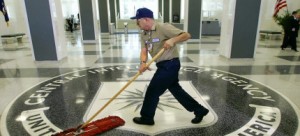

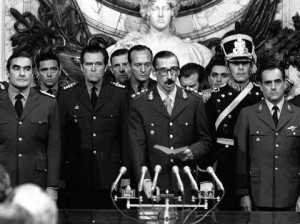
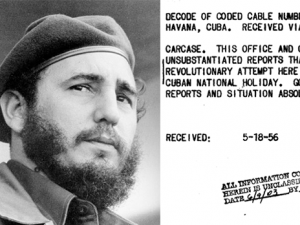
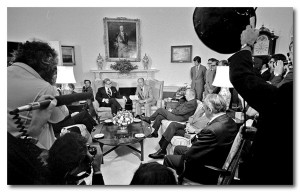
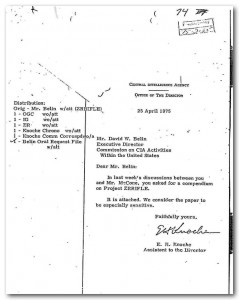
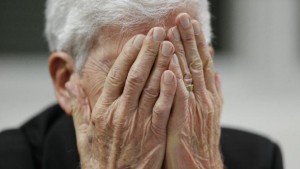
 ernie Sanders keeps driving it home. “We have a
ernie Sanders keeps driving it home. “We have a